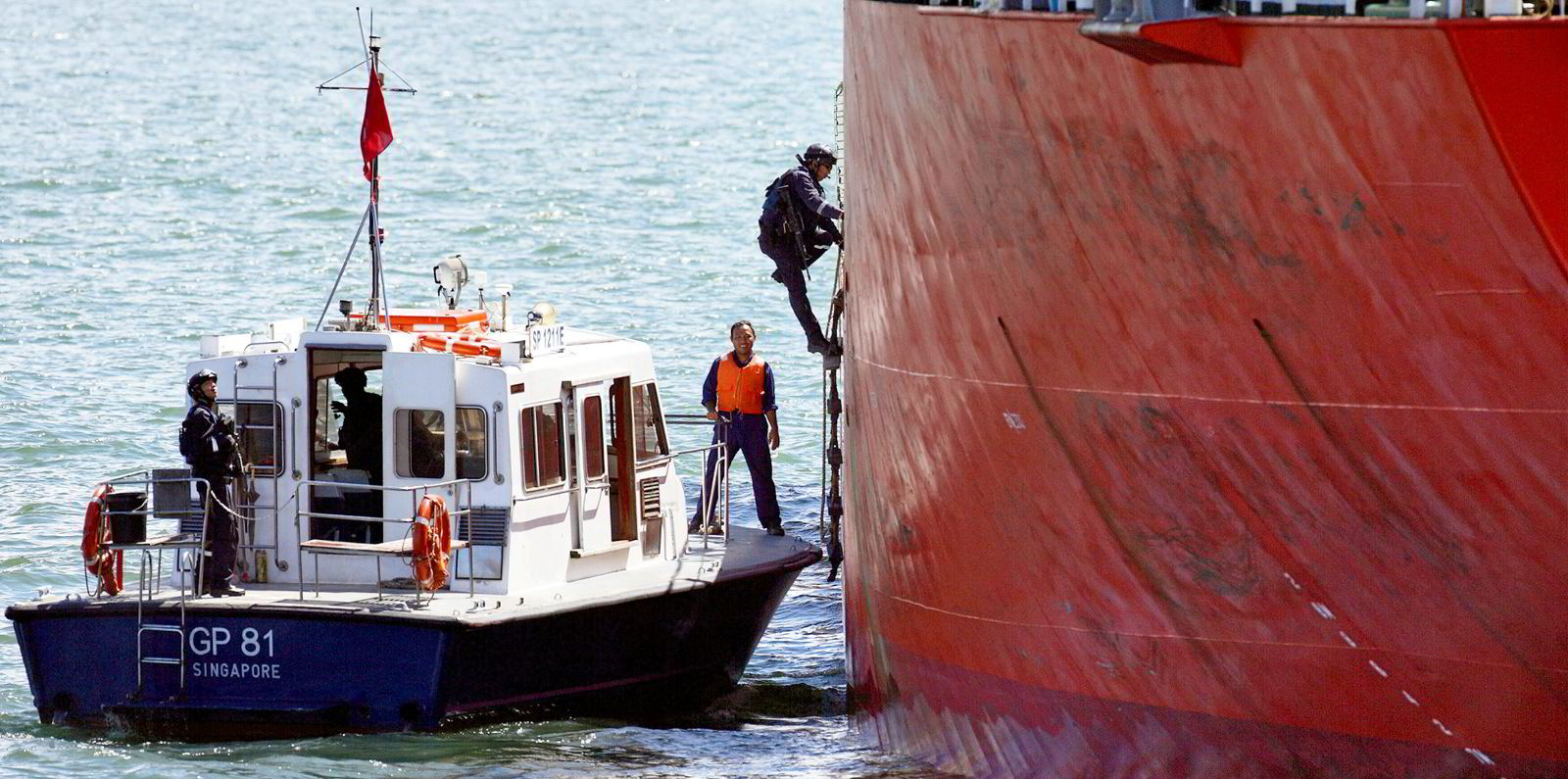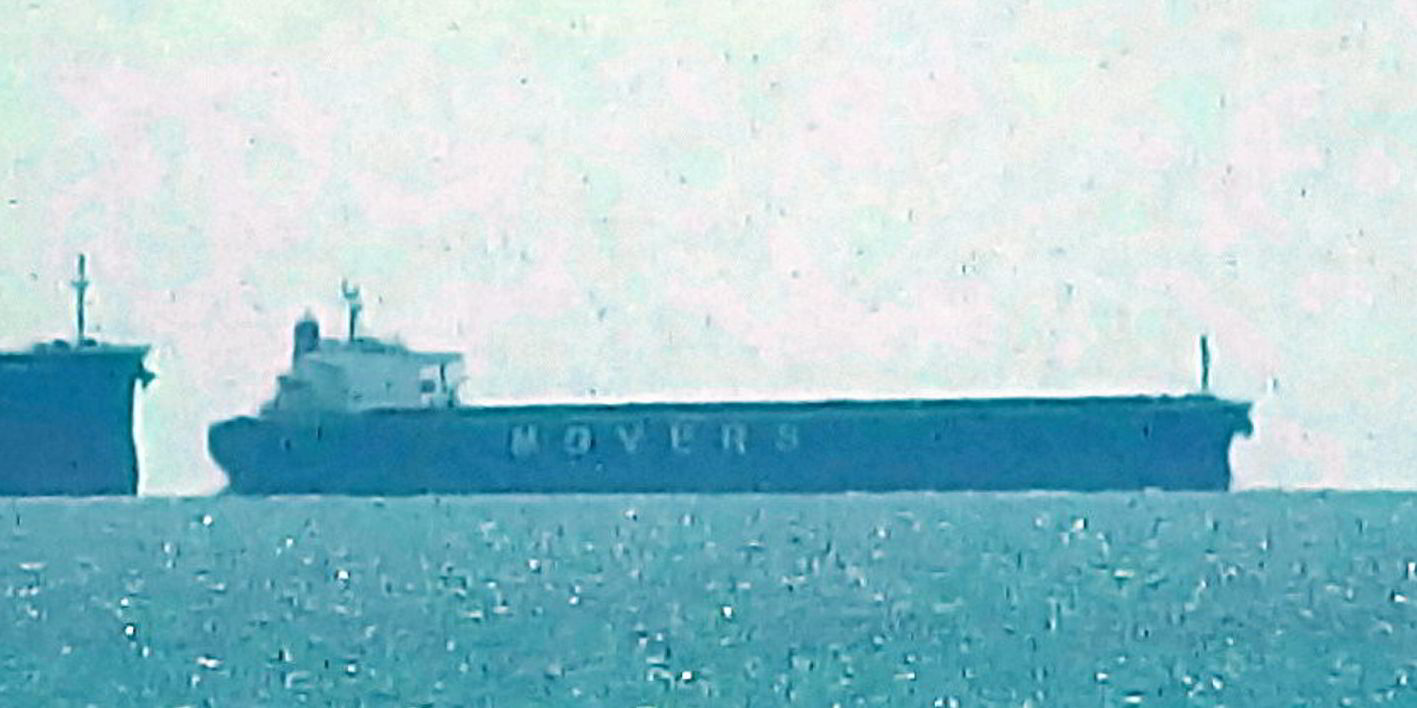Secondhand ship buyers will now have protection against double arrest under a new United Nations convention on the judicial sale of ships signed today in Beijing by 15 member countries.
The UN Convention on the International Effects of Judicial Sales of Ships has been nearly two decades in the making, under the sponsorship of the Comite Maritime International (CMI), the federation of the world’s national maritime law associations that works toward improving and reconciling the maritime law codes of all nations and jurisdictions.
But now it will go into effect in the ports of the first three ratifying states, as maritime lawyers encourage other port and flag states to join in ratifying it.
“This has been an amazing journey and one which the CMI is very proud of,” CMI president Ann Fenech, a long-time proponent of the treaty, told TradeWinds.
She messaged TradeWinds from the signing in Beijing to say that the signatories included Burkino Faso, Comoros, El Salvador, Grenada, Honduras, Kiribati, Liberia, Sao Tome and Principe, Saudia Arabia, Senegal, Sierra Leone, Singapore, Switzerland and Syria alongside host nation China.
The initial ratification of the convention required only three initial signers, and China’s expedited “yes” has been crucial. So has a positive decision on policy in Brussels, which will allow European Union members to sign on as early at the end of this year.
“It is going to be a very important moment for international maritime law because, for the first time, we will have a convention which ensures that when a vessel is sold in a judicial sale free and unencumbered in a proper manner, that that title is given full effect all over the world.”
Re-arrests of judicially sold ships are neither very common nor very rare, but the problem is that their very possibility undermines the market’s and ship financiers’ confidence in the title of all judicially sold ships, and thus undermines secondhand ship values.

The risk of ship arrest itself is part of the run-of-the-mill commercial shipping activity. Depending on the practicalities of various port jurisdictions, vessels that are subject to a substantial commercial dispute are always available to creditors and their lawyers to secure a claim and, if the owner cannot put up security to get the ship released from arrest, an auction or other court-ordered sale can be the outcome.
But in theory, such judicial sales with “free and clear” orders should be the end of the story. Once sold by a court, the new owners should be able to count on owning an asset that emerges from the process immune from the claims among previous owners and charterers.
The problem, however, is that some jurisdictions may not recognise each others’ “free and clear” orders.
Besides the prospect of re-arrest by third-party claimants lurking unseen in the next port, the convention is aimed at doing away with uncertainties that result when various countries jealous of their sovereign maritime jurisdiction deny ship buyers the protection to which a court auction should entitle them. They may decline to delete old mortgages and registrations that date to before the ship sale, for example.
In the interest of all
Fenech has underscored in a previous scholarly article that certainty of title following judicial sales is in the interest of all parties, not just the buyer. It leads to “peace of mind not only for the purchaser but also for the creditors of the vessel, in whose interest it is to maximise the price of the ship sold in a judicial sale to ensure their best chances of getting paid”, she wrote last year in an editorial for the International Journal of Maritime Law.
Without such a treaty, “[any] uncertainty regarding title would seriously impact the availability of finance for ships sold in judicial sales and would affect the sale price to the detriment of the vessel’s existing creditors”.
That is why Chinese CMI delegate and law professor Henry Li began advocating a UN convention as far back as 2004 and spent a decade hammering out the initial “Beijing draft”. Starting in 2014, CMI members have shepherded that proposal through a series of international negotiations towards multilateral treaty status under UN sponsorship.
Such a treaty or convention requires in practice that a UN constituent body takes a proposal under its wing.
After a lukewarm reception at the International Maritime Organization, the CMI won over the UN Commission on International Trade Law (Uncitral) for that role. The IMO will have a role in record-keeping and enforcement under the convention, but it was Uncitral and not the IMO that sponsored the version of the judicial ship sales convention the UN General Assembly approved in December 2022.
Read more
- Parbulk’s 14-year fight against Humpuss Intermoda for $27m arbitration award lands in Indonesian court
- Greek outfit drops lawsuit against Integr8 over alleged wrongful arrest
- US approves offloading of suspected Iranian crude from seized Suez Rajan
- Perfect Bulk arrests Amaar Marine bulk carrier in Singapore
- China United Lines arrests chartered container ship detained in Singapore





